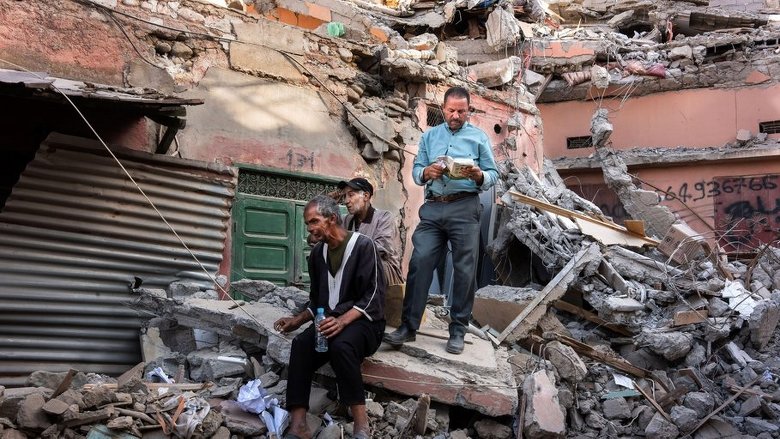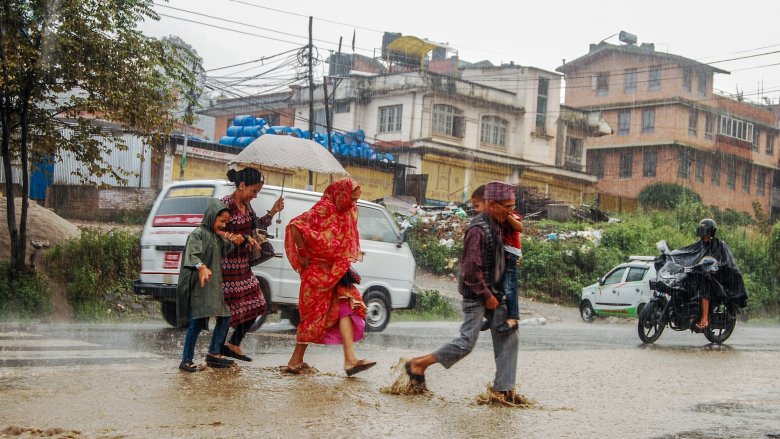In an increasingly risky world where people face threats to their lives and livelihoods from extreme weather events, pandemics, conflicts, and violence, crisis preparedness is essential. Crisis preparedness ensures that people, business and governments can not only cope, but prosper. It’s about safeguarding a life’s savings, ensuring a girl’s education is not derailed. Governments are increasingly adopting proactive approaches to preparedness, aiming to protect national budgets as well as the lives and livelihoods of their citizens, from the impacts of crises. This involves planning ahead to prepare for the potential socio-economic impacts of crises, ensure predictable and timely access to resources, and mitigate long-term fiscal impacts. The World Bank is actively supporting these efforts with an expanded toolkit of crisis preparedness and response instruments.
The Crisis Preparedness Gap Analysis (CPGA) is part of this toolkit. It is a diagnostic tool that addresses fundamental questions regarding a country's ability to handle various shocks, spanning from natural disasters to pandemics and food crises.

